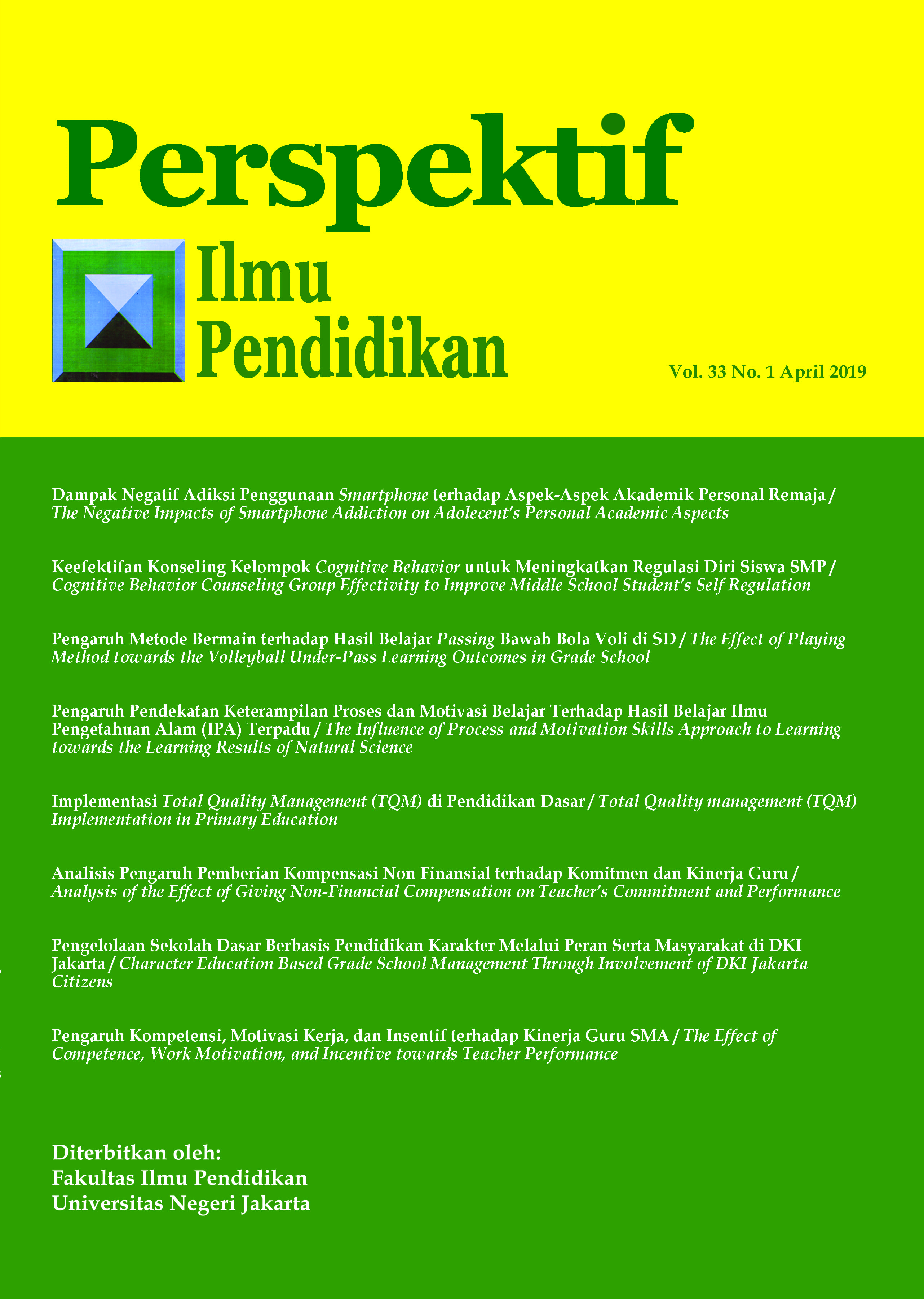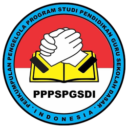DAMPAK NEGATIF ADIKSI PENGGUNAAN SMARTPHONE TERHADAP ASPEK-ASPEK AKADEMIK PERSONAL REMAJA
DOI:
https://doi.org/10.21009/PIP.331.1Keywords:
adolescence, smartphone addiction, personal academic aspects, academic achievementAbstract
Technology development in today’s digital era expands the scope of electronic media, such as smartphone, to be more easily accessed by adolescents. A smartphone has indeed the main functions generally as a means of communication in distance barriers, and a means of information gathering through the Internet. In spite of this, the prevalence of smartphones among adolescents affects not merely in beneficial way to their academic experiences quality, but also could potentially give negative impacts. Therefore, this systemathic review collects the findings of both relevant quantitive and qualitative studies regarding the negative impacts of smartphone addiction on adolescent’s personal academic aspects. Selected studies were identified from two databases to be presented in qualitative metasummary. We selected 10 studies based on the selection criteria. From the assessment, results found that smartphone addiction among senior and junior high school students could raise some risks as follows: lower academic achievements, decreased academic engagement, increased academic institution disaffection, higher tendency of anxiety, and deeper depression symptoms. Other problematic behaviors that were observed in one of selected studies were: thought problems, attention problems, antisocial-action-related aggressiveness, difficulties in building positive self-identity, and greater problems relating to self-destruction. The most frequently discovered personal academic aspect as a negative impact mentioned by participants was the decrease of academic achievement. This consideration about negative impacts of smartphone addiction on personal academic aspects offers information for parents, teachers, and the professionals to construct the anticipations of academic-related disadvantages for adolescents (e.g., an educative socialization program about utilizing smartphone wisely).
Downloads
Published
How to Cite
Issue
Section
License
Authors who publish with this Journal agree to the following terms:
- Author retain copyright and grant the journal right of first publication with the work simultaneously licensed under a creative commons attribution licensethat allow others to share the work within an acknowledgement of the work’s authorship and initial publication of this journal.
- Authors are able to enter into separate, additional contractual arrangementfor the non-exclusive distribution of the journal’s published version of the work (e.g. acknowledgement of its initial publication in this journal).
- Authors are permitted and encouraged to post their work online(e.g. in institutional repositories or on their websites) prior to and during the submission process, as it can lead to productive exchanges, as well as earlier and greater citation of published works.
-
Users/public use of this website will be licensed to CC BY-NC-SA Creative Commons Attribution-NonCommercial-ShareAlike 4.0 International License












